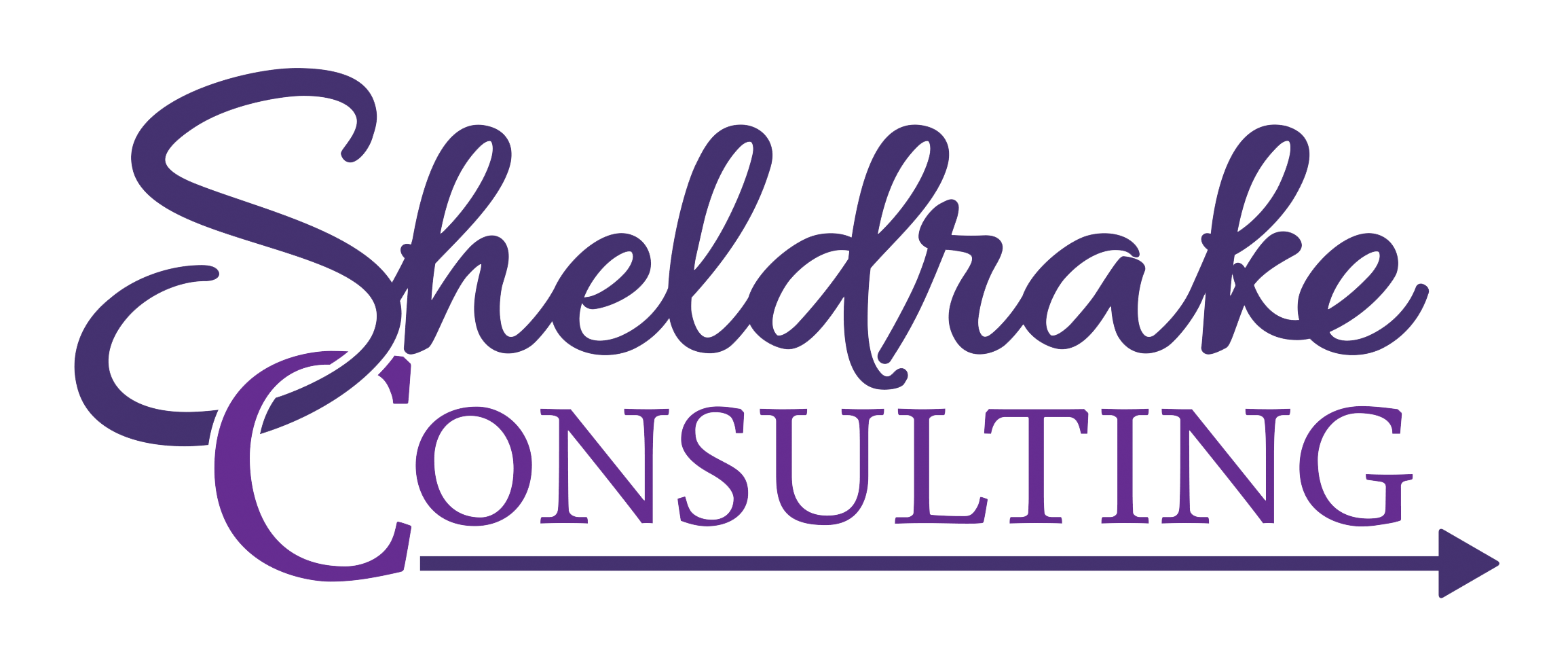I recently worked with a client who was negotiating an offer for a new job. She was in the process of interviewing for two positions and when she received the offer letter from the first job, she asked me to review her counter email which included a detailed spreadsheet of what both jobs were offering and the difference between her two offers including salary and benefits. She specifically asked if they “had any flexibility to help bridge the gap?”
I was impressed with her confidence right off the cuff. I spend a lot of time coaching clients to negotiate their salary, but here was someone who asked for it right away without a second thought. She knew her worth and wasn’t afraid to ask for it. So how do you overcome the anxiety that negotiating your salary can bring?

Overcome Your Fear
Why aren’t you negotiating your salary? As women, we’ve been taught to not ask for more, while men negotiate at every opportunity. In their book, Women Don’t Ask: Negotiation and the Gender Divide, Linda Babcock and Sara Laschever found the following:
- By not negotiating a first salary, an individual stands to lose more than $500,000 by age 60—and men are more than four times as likely as women to negotiate a first salary.
- In one study, eight times as many men as women graduating with master’s degrees from Carnegie Mellon negotiated their salaries. The men who negotiated were able to increase their starting salaries by an average of 7.4 percent, or about $4,000. In the same study, men’s starting salaries were about $4,000 higher than the women’s on average, suggesting that the gender gap between men and women might have been closed if more of the women had negotiated their starting salaries.
- Another study calculated that women who consistently negotiate their salary increases earn at least $1 million more during their careers than women who don’t.

By not negotiating, you are actually losing money! The stakes are too high to not ask the question. When I say “Know Your Worth” I don’t just mean in the moment, but also over time. By not negotiating you are robbing your future self.
Do Your Research
You want to be armed with all the facts before you enter a negotiation. Most people hope to get an increase in their current salary, and they negotiate based on that number. But what you need to do is negotiate from the industry standard and incorporate your value from there. Start by doing research on the standard of living in your area. What is the minimum wage? What is a livable wage for the area you live? MIT has a Living Wage Calculator that can help you start formulating your ask.
Think about additional benefits as you negotiate your package. For example, if you work in the city do you have to pay for parking, or will the company pay for parking? If you’re working remotely, does the company provide internet reimbursement?
Now that you know your living wage, look at the standard for your industry. You can set up a free account with Payscale and answer a series of specific questions to create a personal dashboard for an appropriate salary range and use it during your negotiation. This way you’re negotiating with research to back you up.
Timing is Everything
When job searching you need to go into the process knowing that you should ALWAYS negotiate your salary. Even if you receive an offer that blows you away, you should still negotiate. According to a study by global staffing firm Robert Half, 70% of managers expect candidates to negotiate salary. So that should dispel any qualms you have, the hiring manager is expecting you to do this. One Glassdoor study found that the average American could make about $7,500 more per year if they negotiated their salary at the time of hiring.

The timing of your negotiation is important, you don’t want to make a counteroffer until the company has provided you with a firm offer. If you’re asked to provide your current salary or a number you’re looking for you can say something like “I would like to understand more about the role before I can share a preferred salary range. However, I would love to know your budget.”
Part of negotiating your salary is being willing to walk away. Don’t make it all about the salary, find out if you want the position first and if you think it would be a good career move for you first. Once you’ve decided that you want the job, then you can negotiate your offer. But don’t take your negotiation personally. This is purely business, and you’re in the business of you. Your job is to get the best offer possible for yourself.
Practice Makes Perfect
If you haven’t negotiated salary before, it can be scary to take the first step. Keep in mind that companies don’t usually rescind offers because you tried to negotiate your salary. You have nothing to lose by asking and everything (including compound interest) to lose by not negotiating. This also sets a precedent for you in this new role. If you negotiate your salary during the hiring process, it will be that much easier to negotiate it during promotions and reviews.
I’m also available to walk you through a practice negotiation. You can use my Power Hour consultation as a practice session where we’ll run through a variety of responses and scenarios, and we can develop your responses until you feel confident and comfortable. Let’s get you an amazing compensation package!

